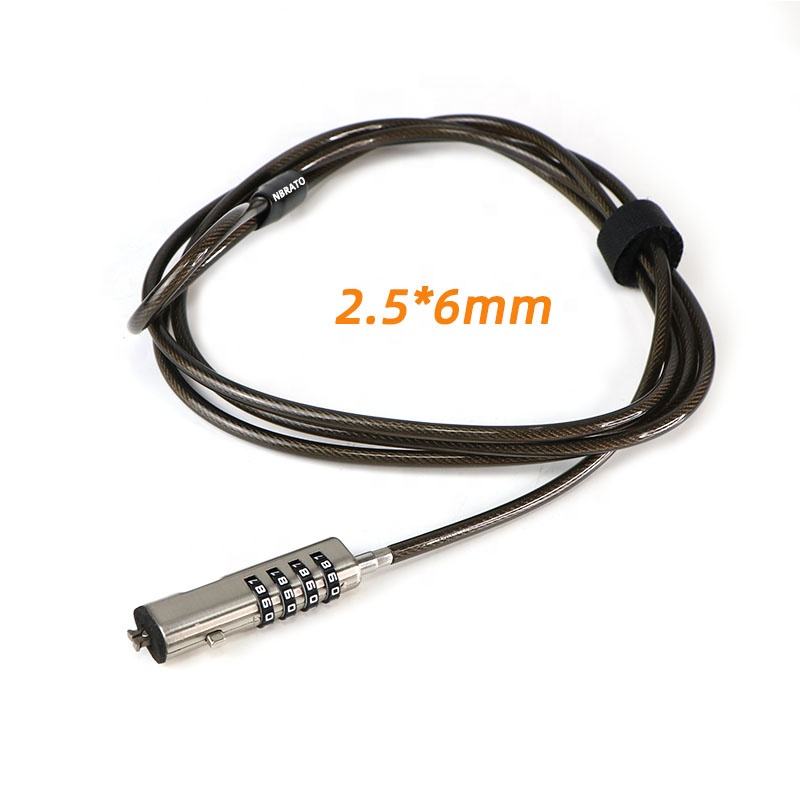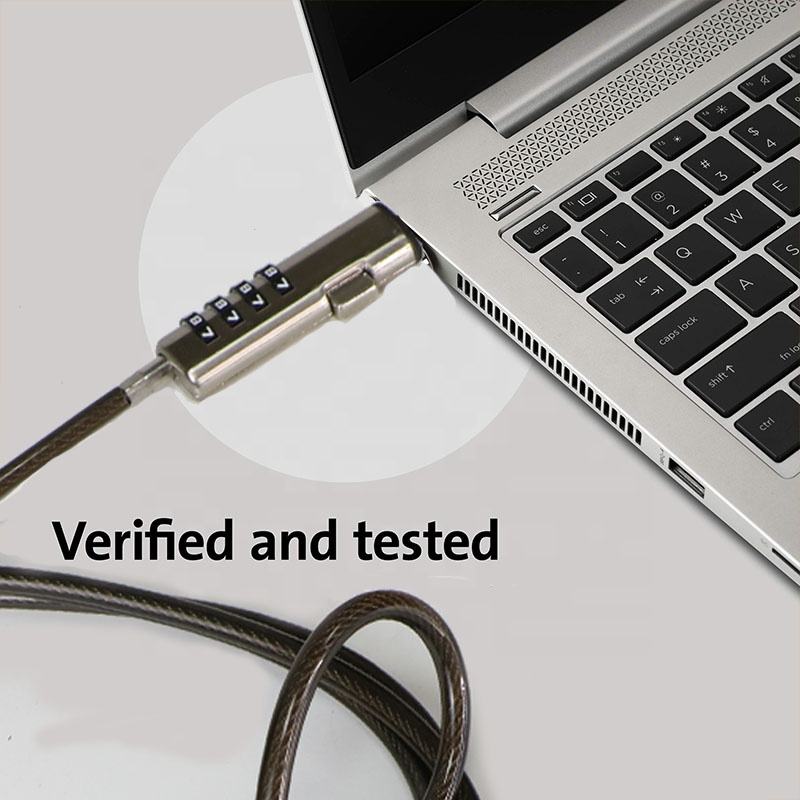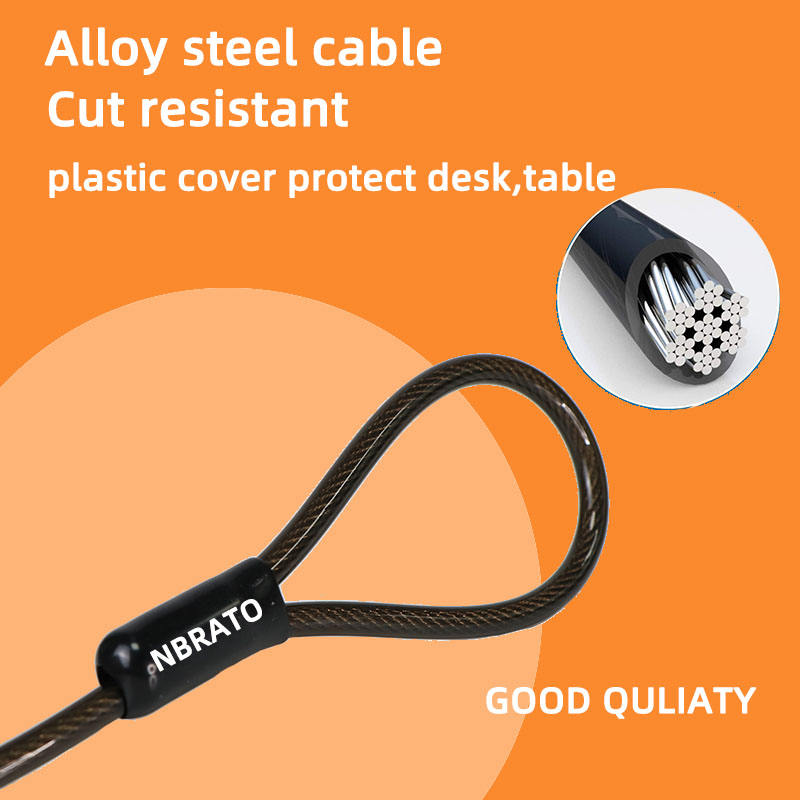Have you ever heard about nano lock technology? If not, prepare for a journey into the fascinating world of miniaturization. In this era of fast-paced technological evolution, nano locks are making their mark in the field of security solutions.

Understanding Nano Lock Technology
Nano lock, as the name suggests, operates at the nano scale - that is, one billionth of a meter. This lock technology utilizes the advancements in nanotechnology to ensure unprecedented security levels, making them nearly impossible to pick or break.
How Nano Locks Work
Nano locks use nanostructures embedded into a key and lock mechanism. The uniquely arranged nanostructures can only match a specific key designed for that particular lock, making it extremely difficult for unauthorized persons to manipulate the lock.

Types of Nano Lock
There are various types of nano locks available in the market, catering to a wide range of applications. These may include nano padlocks, nano door locks, and nano bike locks, each offering unparalleled security.
Advantages of Nano Locks
Nano locks offer numerous advantages. Their small size allows for easy portability and their high resistance to traditional lock-picking methods offers excellent security. Furthermore, the manufacturing process of nano locks reduces the
environmental footprint.
Applications of Nano Locks
Due to their unique features, nano locks find applications in various sectors such as the housing sector, commercial establishments, and even in high security areas like government buildings.
Challenges in Nano Lock Technology
Despite its advantages, nano lock technology faces some challenges. The high cost of manufacturing and the need for specialized keys are some issues that may limit their widespread use.
Future Prospects of Nano Lock Technology
The future of nano locks is promising. With advancements in nanotechnology, these locks are expected to become more affordable and accessible in the future.
Nano Locks Vs Traditional Locks
When compared to traditional locks, nano locks offer superior security due to their complex nanostructure mechanism. However, traditional locks still hold an edge when it comes to affordability and ease of use.
How to Choose the Right Nano Lock
Choosing the right nano lock requires a clear understanding of your security needs, the type of nano lock that suits your application, and your budget.
Safety Precautions for Using Nano Locks
While using nano locks, ensure that you store the key in a safe place and only provide access to trusted individuals. Also, regular maintenance of the lock is essential for its optimal functioning.

Legal and Regulatory Aspects
Nano lock technology is still evolving, and hence, it is crucial to stay informed about the legal and regulatory aspects associated with its use.
Conclusion
Nano lock technology presents a leap in the quest for better, more secure lock systems. It exemplifies the incredible potential of nanotechnology in improving everyday devices. In the future, we might see these tiny giants becoming a standard for
security solutions.
FAQs
1. How secure are nano locks?
Nano locks offer an unprecedented level of security due to their unique nanostructure mechanism. The specific arrangement of these structures makes them nearly impossible to pick or break.
2. Where can nano locks be used?
Nano locks can be used in a variety of settings, ranging from residential to commercial establishments, and even high-security areas like government buildings.
3. What makes nano locks superior to traditional locks?
The main advantage of nano locks over traditional locks is their enhanced security. Their complex nanostructure mechanism offers resistance to conventional lock-picking methods.
4. Are nano locks expensive?
Currently, nano locks are more expensive than traditional locks due to the high cost of manufacturing. However, as the technology advances, the price is expected to become more affordable.
5. Can I use any key with a nano lock?
No, nano locks require a specifically designed key. The unique arrangement of nanostructures in the lock can only match a specific key.
